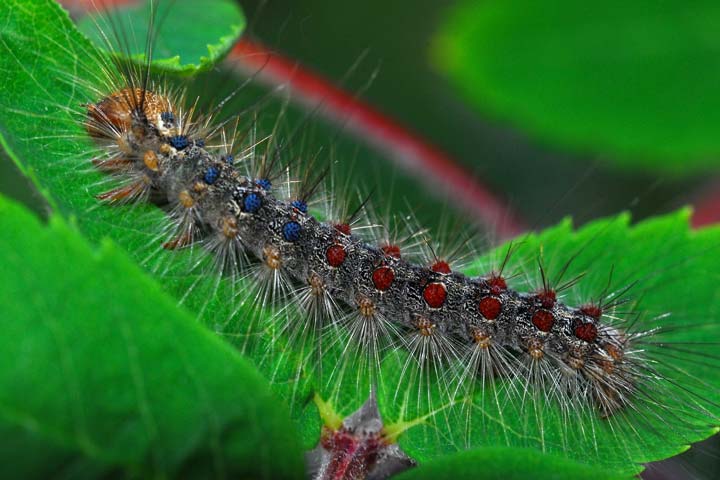Three multidisciplinary faculty teams, with 8 researchers from 4 U-M schools and colleges, received support to work with partners to create a framework for sustainable institutional food purchasing, identify priority tools for addressing invasive species under climate change, and develop a research agenda around environmentally effective diet shifts.
Funding provided by the Graham Sustainability Institute supports collaborative sustainability research and assessment activities that span multiple disciplines and sectors and connect science to real-world decisions and actions. Through Catalyst Grants, the Institute provides up to $10,000 over 8 months to support a range of collaborative activities like workshops, conferences, planning, and white papers.
Catalyst Grant Awards
Evidence-based, Sustainable Decision-Making forInstitutional Food Service Providers
 Little information is available to assist institutional food service providers in sourcing sustainable local foods. Working with U-M Dining Services and the Michigan Farm to Institution Network, this team will complete needs and life cycle assessments to develop an evidence-based decision-framework for U-M and other food service providers.Learn more
Little information is available to assist institutional food service providers in sourcing sustainable local foods. Working with U-M Dining Services and the Michigan Farm to Institution Network, this team will complete needs and life cycle assessments to develop an evidence-based decision-framework for U-M and other food service providers.Learn more
- PI: Greg Keoleian, School of Environment and Sustainability (SEAS)
- UM Collaborators: Martin Heller, SEAS; Lesli Hoey, Taubman College of Architecture and Urban Planning; Alex Bryan, U-M Sustainable Food Program; Jeremy Moghtader (Campus Farm)
- Partner:Michigan Farm to Institution Network
Addressing the Risk and Impact of Biological Invasion Under Climate Change
 Climate change will likely affect the risk and impact of invasive species. U-M researchers are organizing a workshop with partners to identify priorities and next steps for efforts aimed at forecasting biological invasions in ways that can directly inform management and conservation. Learn more
Climate change will likely affect the risk and impact of invasive species. U-M researchers are organizing a workshop with partners to identify priorities and next steps for efforts aimed at forecasting biological invasions in ways that can directly inform management and conservation. Learn more
- PI: Inés Ibáñez, SEAS
- Co-Is: Deborah Goldberg, College of Literature, Science & Arts (LSA); Paige Fischer, SEAS; Wesley Bidford, LSA; Bethany Bradley, University of Massachusetts Amherst; Cascade Sorte, University of California Irvine
- Partner: Northeast Regional Invasive Species and Climate Change Management Project
Strategies to Influence Environmentally Effective Dietary Shifts
 Diet composition significantly affects the climate and environmental impacts of food systems. Working with thought leaders, this project will establish a research agenda aimed at better understanding strategies to motivate widespread shifts in diet that can support climate action planning. Learn more
Diet composition significantly affects the climate and environmental impacts of food systems. Working with thought leaders, this project will establish a research agenda aimed at better understanding strategies to motivate widespread shifts in diet that can support climate action planning. Learn more
- PI:Andrew Jones, School of Public Health (SPH)
- Co-Is: Martin Heller, SEAS; Laurie Lachance, SPH; Diego Rose, Tulane University; Christina Roberto, University of Pennsylvania
- Partner:SEEDS - Ecology+Education+Design
Funding Available Now
Calls for the next round of Catalyst Grants, and Transformation Grants up to $200,000 and $2,500 Fast Track grants, are now open.Learn more
For more information, please contact Maggie Allan at(734) 763-0749 or [email protected]